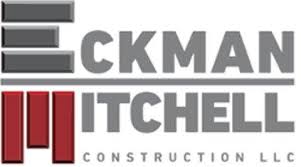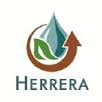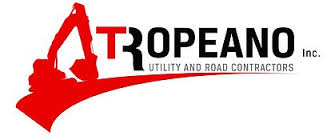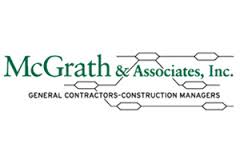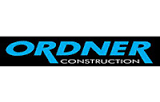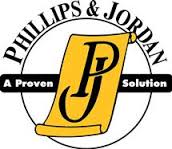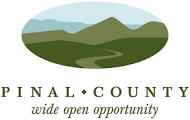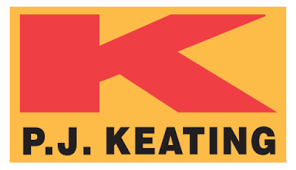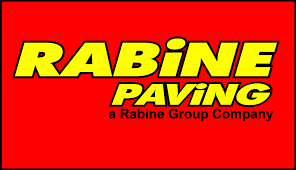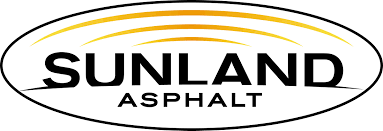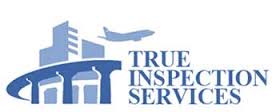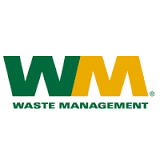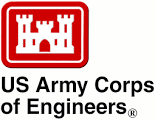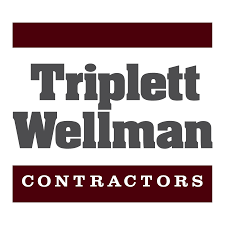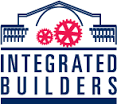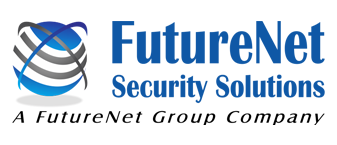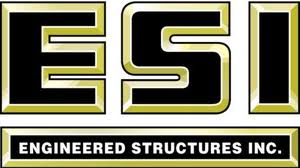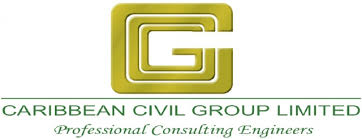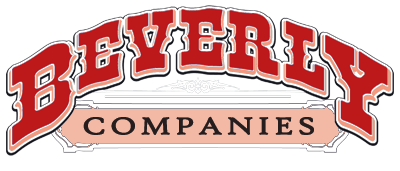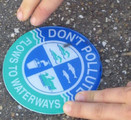North Dakota MS4 Bundle Program
MS4 Bundle Program Overview
This is a bundle of StormwaterONE online courses regarding the Six Minimum Control Measures (MCMs) for Phase II Small Municipal Separate Storm Sewer System (MS4) operators.
Operators of regulated small MS4s are required to design their programs to: reduce the discharge of pollutants to the “maximum extent practicable” (MEP), protect water quality, and satisfy the appropriate water quality requirements of the Clean Water Act.
The implementation of these six elements and associated Best Management Practices (BMPs) are expected to result in significant reduction of pollutants discharged into receiving waterbodies.
Curriculum Includes:
1) Public Education and Outreach
Distributing educational materials and performing outreach to inform citizens about the impacts polluted stormwater runoff discharges can have on water quality.
2) Public Participation/Involvement
Providing opportunities for citizens to participate in program development and implementation, including effectively publicizing public hearings and/or encouraging citizen representatives on a stormwater management panel.
3) Illicit Discharge Detection and Elimination
Developing and implementing a plan to detect and eliminate illicit discharges to the storm sewer system (includes developing a system map and informing the community about hazards associated with illegal discharges and improper disposal of waste).
4) Construction Site Runoff Control
Developing, implementing, and enforcing an erosion and sediment control program for construction activities that disturb 1 or more acres of land (controls could include silt fences and temporary stormwater detention ponds).
5) Post-Construction Runoff Control
Developing, implementing, and enforcing a program to address discharges of post-construction stormwater runoff from new development and redevelopment areas. Applicable controls could include preventative actions such as protecting sensitive areas (e.g., wetlands) or the use of structural BMPs such as grassed swales or porous pavement.
6) Pollution Prevention/Good Housekeeping
Developing and implementing a program with the goal of preventing or reducing pollutant runoff from municipal operations. The program must include municipal staff training on pollution prevention measures and techniques (e.g., regular street sweeping, reduction in the use of pesticides or street salt, or frequent catch-basin cleaning).
Intended Audience
The audience for this course includes stormwater personnel responsible for overseeing municipal operations that are regulated by a Municipal Separate Storm Sewer System (MS4) Phase I and Phase II entity to meet the conditions of the National Pollutant Discharge Elimination System (NPDES) permit.
Curriculum
At the Completion of This Program You Will Receive
- 14.0 PDHs
- 1 - Embossed Wall Certificates
- 1 - Wallet Cards
- 1 - Hardhat Decals
- Signed Congratulations Letter
- Resume' Enhancer (Available on the Credential Validation Page)
Comprehensive and Easy to Retain

